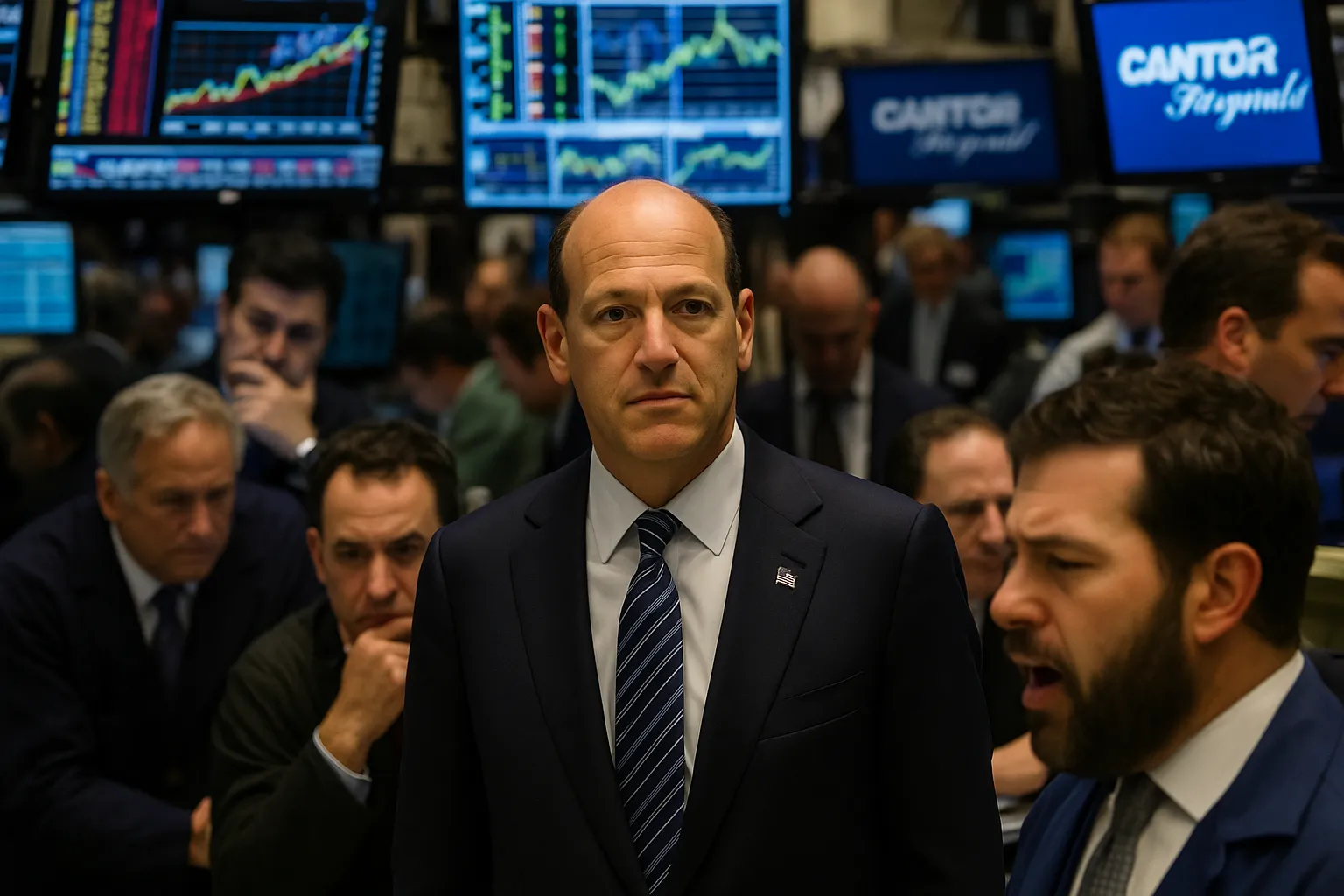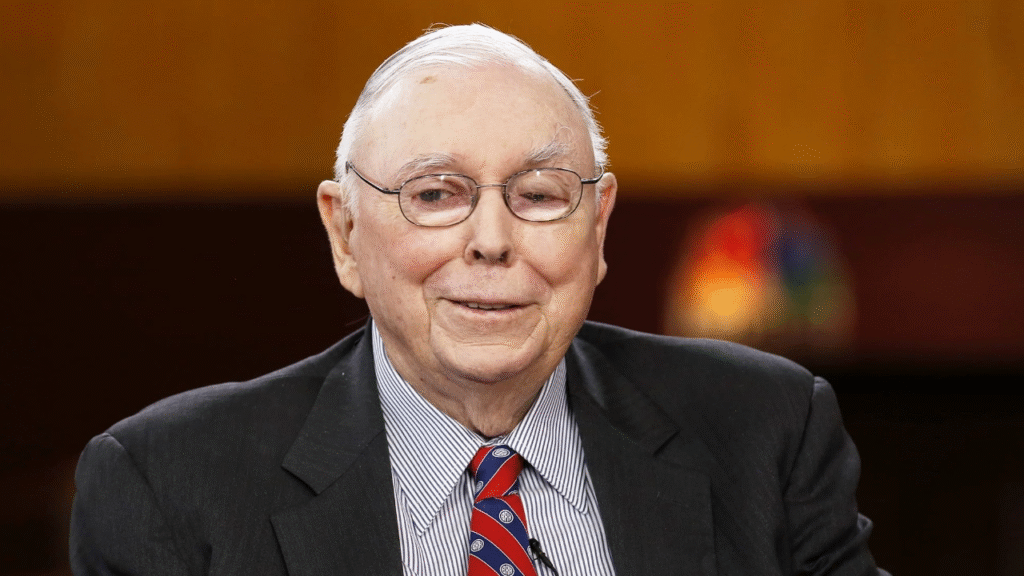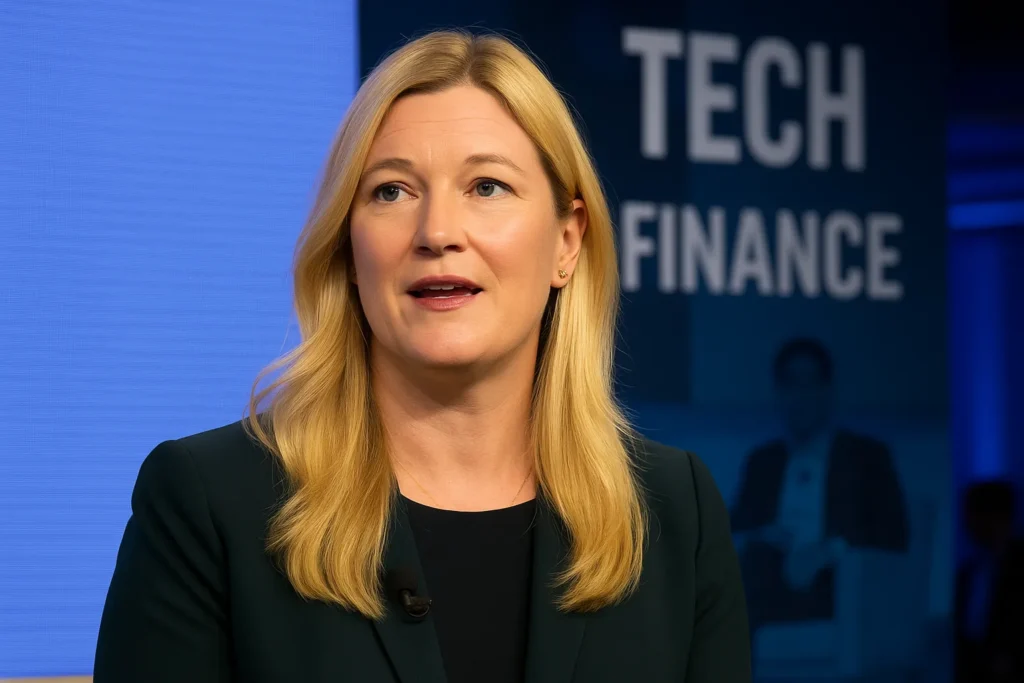The name Howard Lutnick resonates deeply across Wall Street. Admirers portray him as the ultimate survivor: the man who rebuilt Cantor Fitzgerald after losing two-thirds of his employees on September 11, 2001. Detractors, however, cast him as ruthless — an opportunist who turned grief into power. Nearly a quarter-century later, Lutnick still leads Cantor, and his story remains both inspiring and unsettling.
Context: Cantor Fitzgerald and 9/11
On the morning of 9/11, Cantor Fitzgerald was headquartered on the upper floors of the North Tower. When the first plane struck, 658 of its 960 employees were killed instantly. It was the deadliest corporate loss in history.
Howard Lutnick survived only because he had taken his son to school. His brother, Gary, died in the attack. Suddenly, Lutnick carried the dual burden of personal grief and corporate survival.
Initially, he became a public face of tragedy. He broke down in interviews, pledged to care for families of the dead, and promised them 25% of Cantor’s profits for five years plus a decade of health insurance. As a result, Cantor distributed more than $180 million in profit-sharing and $17 million in healthcare. Yet families soon accused him of broken promises, abrupt benefit cuts, and excessive focus on preserving the firm rather than their needs.
Oppositional Argument: resilience or exploitation?
Mainstream coverage highlights Lutnick’s resilience. He is praised as a man who saved a sinking ship. Nevertheless, critics insist survival was built on opportunism. They argue he transformed tragedy into branding, turning Cantor into the “firm that survived 9/11.”
The Howard Lutnick narrative is therefore polarizing. Supporters call him a savior; detractors accuse him of exploitation. Both perspectives expose the uncomfortable reality of capitalism in crisis: survival is never clean.
Analytical Breakdown: rebuilding with ruthlessness
Cantor’s rebirth reveals Lutnick’s strategic instincts:
- Technology first
- With so many brokers lost, Cantor shifted rapidly to electronic trading.
- This pivot gave it a competitive advantage. Consequently, the firm modernized faster than rivals.
- Diversification
- Lutnick pushed into real estate through Newmark and expanded via BGC Partners.
- This diversification protected the company from volatility in a single sector.
- Culture hardened
- Survivors described a new, colder culture. Instead of nostalgia, resilience was weaponized.
- The loss became identity: Cantor was steel, not sentiment.
- Tragedy as branding
- Annual Charity Day events raised millions for global causes. At the same time, they reinforced Cantor’s image as a survivor.
Through these steps, Lutnick reshaped Cantor into a leaner, more aggressive firm.
Human Perspective: families and survivors
Families of the dead remain divided. Some praise Lutnick’s financial commitments, scholarships, and memorial efforts. Others feel betrayed. One widow told The New York Times: “He saved his company, but he didn’t save us.”
Employees who stayed also experienced contradictions. On one hand, they were told they carried the legacy of fallen colleagues. On the other, they endured relentless pressure to perform. Consequently, Cantor became both a place of mourning and ambition.
Counterarguments
Defenders claim Lutnick had no alternative. Without tough decisions, Cantor would have collapsed. If that had happened, families would have received nothing.
Critics counter that he profited personally, building an empire while families struggled. They argue that he turned corporate grief into a long-term brand advantage.
Both arguments carry weight. Lutnick’s leadership embodied survival, but survival was achieved through ruthless pragmatism.
Lutnick today: contradictions endure
Howard Lutnick remains chairman and CEO of Cantor Fitzgerald and BGC Partners. He oversees businesses spanning bonds, equities, derivatives, real estate, and fintech. Each year, Cantor’s Charity Day draws celebrities and raises millions. Yet critics say the spectacle commercializes remembrance.
Supporters view him as a philanthropist who channels tragedy into good. Opponents see him as a relentless capitalist who never lets grief interfere with profit. Regardless, both camps admit the same fact: without Lutnick, Cantor would not exist today.
Broader implications: what Lutnick represents
The Howard Lutnick saga embodies three lessons:
- Morality in capitalism: Compassion rarely survives alongside ruthless efficiency. Lutnick’s career illustrates this truth.
- Tragedy as identity: Catastrophe became Cantor’s defining narrative, fueling its revival.
- Resilience as dominance: By surviving what others could not, Cantor gained symbolic and market power.
Howard Lutnick is therefore more than a CEO. He is the living paradox of American finance — scarred by tragedy, empowered by survival, and unapologetically ruthless.
Conclusion: America’s paradox in one man
Howard Lutnick rebuilt Cantor Fitzgerald from rubble. He distributed millions to families but cut benefits in ways that bred anger. He became a symbol of generosity and opportunism, resilience and ruthlessness.
The Howard Lutnick paradox is America’s paradox: survival at any cost. Compassion is praised, but only when it does not threaten the bottom line. In a system where markets dominate, even tragedy becomes a resource.
Lutnick will be remembered as the man who refused to let Cantor die. Whether history crowns him as hero, villain, or both — that question remains unresolved.
External Links
81 views






